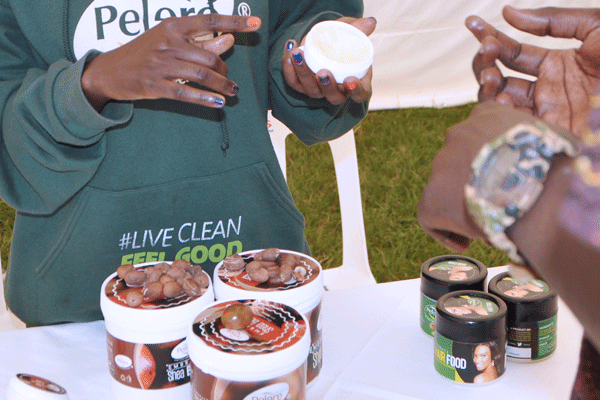Prime
Cosmetics manufacturers reject transfer of sector regulation to NDA

Cosmetics manufacturers say there is a likelihood of double certification under the new plan, which might increase the cost of doing business. Photo / File
What you need to know:
- National Drug Authority is currently engaging stakeholders to gather views on the establishment of National Drug and Health Products Regulatory Authority
Manufacturers have asked government to maintain Uganda National Bureau of Standards (UNBS) as the regulator of the cosmetics sector.
Government is currently working on a new Bill that will transfer the regulation of the manufacture and trade in cosmetics to National Drug Authority (NDA).
In 2023, Cabinet came up with a plan, at the request of the Ministry of Health, to create a new authority that would regulate all products related to public health, medical devices, vaccines and human medicines, among others.
NDA is now meeting different stakeholders as part of the process to introduce a Bill that will establish the National Drug and Health Products Regulatory Authority to regulate sectors that have traditionally fallen under NDA, but also take on new sectors including cosmetics.
Speaking during a consultative meeting organised by Uganda Manufacturers Association (UMA) in Lugogo, Kampala, cosmetics manufacturers said the proposed shift threatens years of seeking to standardise costs both within East Africa and Africa at large.
The shift, manufacturers said, will increase costs and bureaucracy, making the sector uncompetitive in trading blocs such as EAC and African Continental Free Trade Area, citing double certification costs due to UNBS and NDA, as a major challenge if the plan is implemented.
A delegation from NDA, told stakeholders at UMA Showgrounds in Lugogo, Kampala last Thursday that the new plan would take regulation of the cosmetics sector away from UNBS, which eliminates double certification.
However, manufacturers said UNBS is the only agency that issues the Q Mark, a quality symbol across trading blocs.
“It doesn’t matter how well you regulate as NDA if we don’t have the Q Mark, which is a trading tool, we wouldn’t be allowed to sell our products outside Uganda,” Mr Robert Kitenda, the Movit head of marketing, said.
The cosmetics sector has grown over the years, benefiting from different agreements, which allows it to sell products beyond Uganda’s borders.
The sector has also benefited from wide recognition of UNBS standard marks that have allowed it to penetrate key markets such as Kenya, Rwanda, Burundi, South Sudan, and Tanzania.
In East Africa, cosmetics certified in Uganda can be sold in the region without requiring fresh inspection and standard verifications.
Cosmetics manufacturers, thus argue that regulation of the sector should remain outside the ambit of NDA, since it is a general-use product with no active pharmaceutical ingredients.
They also say that since cosmetics aren’t an ingestible product, the probability of harm is minimal, noting that government should instead push for an efficient standards regulation system that separates cosmetics from cosmeceuticals, whose regulation can be taken over by NDA.
The plan
The National Drug and Health Products Regulatory Authority will regulate sectors that have traditionally fallen under NDA, but also take on new sectors including cosmetics.




